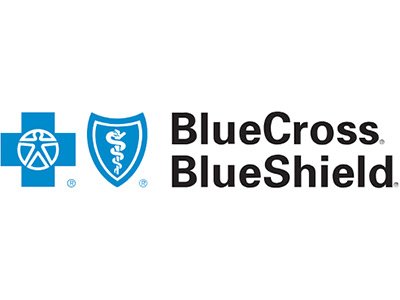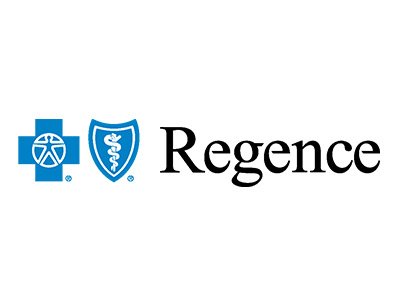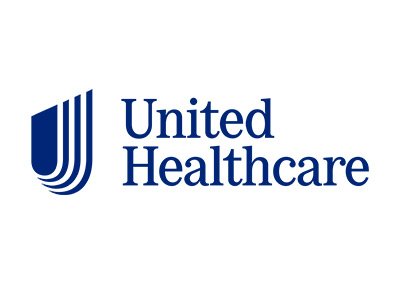In the context of Family-Based Treatment (FBT) for Anorexia, the primary goal of medical nutrition therapy is to utilize a comprehensive approach that integrates the active participation of the family in fostering complete recovery and holistic well-being. This specialized therapy focuses on restoring and stabilizing nutritional health, with certified medical nutrition therapy dietitians guiding families in planning, preparing, and overseeing meals to ensure gradual and monitored weight restoration.
Medical nutrition therapy within the FBT framework empowers families to actively contribute to modifying disordered eating behaviors, rebuilding trust, and promoting open communication within the family unit. It addresses psychological factors associated with Anorexia, collaborating with mental health professionals as needed. Throughout the process, the therapy supports the transition of responsibilities back to the individual, fostering a sense of autonomy and independence. Ultimately, the goal is to improve overall well-being, encompassing physical and mental health, and to guide individuals towards embracing life with vitality and renewed wellness through the principles of medical nutrition therapy within the collaborative framework of FBT.
Family Based Treatment (FBT) is an evidence based treatment for children and adolescents with anorexia. It uses the family and caregivers to help their child recover from their anorexia.
With locations in Colorado Springs and Fort Collins, Colorado, as well as Woodinville, Washington, our services extend to patients across the state and country through in-person and online nutrition counseling.
























Recent “graduate” from Side by Side Nutrition. I started working with SBSN to figure out how food worked after having an eating disorder for years. And I’m so happy I got so much more than that! SBSN introduced me to Self-Compassion and met me with an approach that never included shaming me. I looked forward to our sessions every week, even if I hadn’t done any of my work, because I knew she’d be understanding and work with me to figure out what I needed to make it happen. And none of that compassion and presence was lost when we had to switch to telehealth. When I started, I didn’t think healing from an eating disorder was possible. And I never in my wildest dreams imagined that I’d come out of it with an unshakable love for my body (certainly not a plus size body with chronic illness)! I’m so glad circumstances sent me here because I know I wouldn’t have gotten to this place with my previous dietician! I am STRONG, I am CONFIDENT, and I am in LOVE with myself! Thank you so much for helping me on my journey here! It wasn’t easy, but it was so worth it!
Michaela Myers